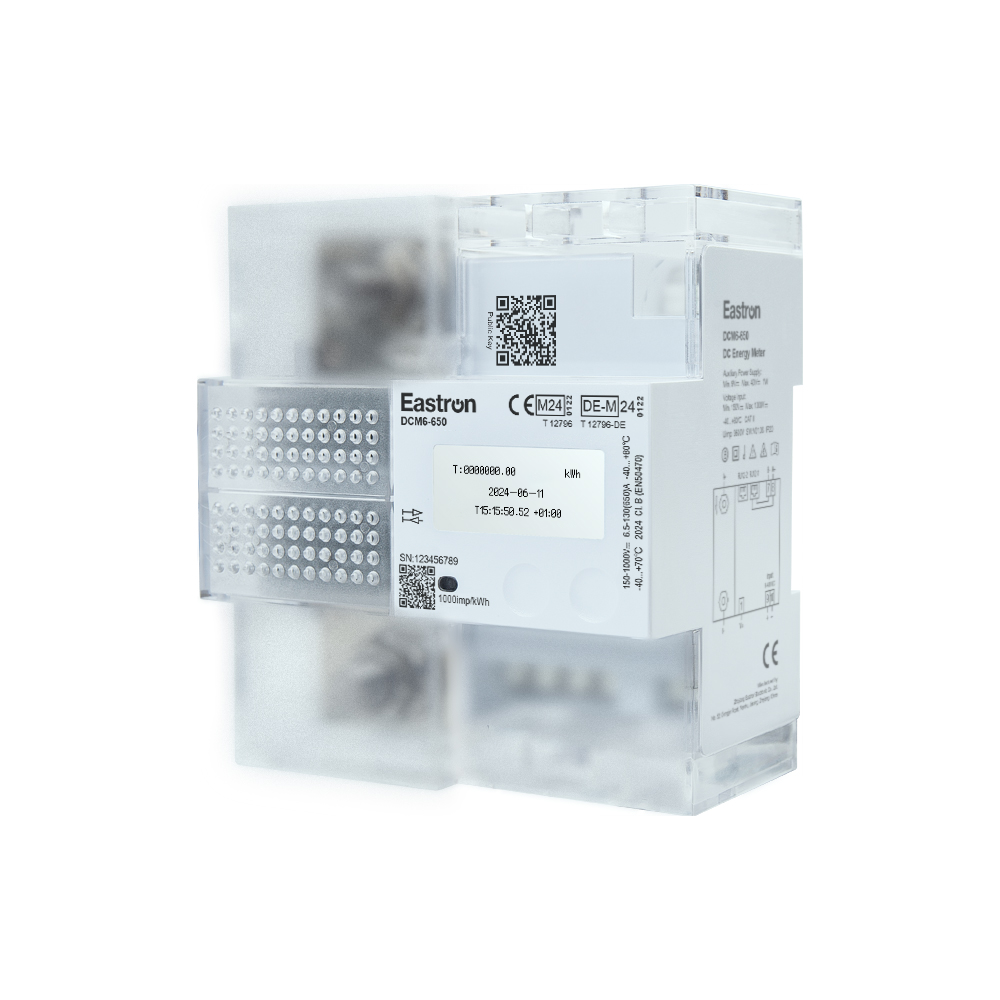Product Consultation
Your email address will not be published. Required fields are marked *
EV charging meters must comply with various standards and regulations across different regions to ensure accurate billing, safe operation, interoperability, and compatibility with the local electricity grid. These regulations are critical for both residential and public charging applications, as they help protect consumers, support energy management, and maintain consistent performance across different EV infrastructure setups.
Regional Standards and Compliance Requirements
In Europe, EV charging meters are regulated under the European Measuring Instruments Directive (MID). MID-certified meters must meet strict accuracy requirements for electricity measurement, typically within ±1% for class A meters used in public charging stations. Compliance with MID ensures that energy consumption recorded by the EV meter can be legally used for billing purposes. European meters also often adhere to IEC (International Electrotechnical Commission) standards, such as IEC 61851 for electric vehicle conductive charging systems and IEC 62052/62053 series for electricity metering devices.
In the United States, EV charging meters must follow regulations established by the National Institute of Standards and Technology (NIST) and the American National Standards Institute (ANSI). ANSI C12 series standards define performance, accuracy, and safety requirements for electricity meters. In addition, the U.S. requires EV meters at commercial charging stations to provide tamper-resistant designs, secure data communication, and interoperability with various payment and energy management systems. State-specific utility regulations may also apply, ensuring that billing is consistent with local energy tariffs.
In Asia, regulatory requirements vary widely by country. For example, in China, EV charging meters must comply with the GB/T (Guobiao) standards for measurement accuracy, safety, and communication protocols. Japanese EV meters follow JIS (Japanese Industrial Standards) and JEM (Japan Electric Measuring standards) guidelines, which cover both metering accuracy and compliance with local grid safety requirements. South Korea has similar standards under KST (Korean Standards) to ensure reliable energy measurement and billing.

Key Compliance Features
To comply with these regional standards, EV charging meters typically include several essential features:
Global Trends and Harmonization
As EV adoption grows, there is a trend toward harmonizing standards internationally. Organizations like the IEC and ISO work to develop universal requirements for EV metering, aiming to simplify compliance for manufacturers and operators while ensuring consistent user experiences worldwide. Smart EV meters, which can report consumption in real time, manage load balancing, and integrate with renewable energy sources, are increasingly designed to meet multiple regional standards simultaneously, facilitating global deployment.
Conclusion
EV charging meters comply with standards and regulations in different regions through a combination of precise energy measurement, secure communication, tamper resistance, and safety certifications. Compliance ensures accurate billing, reliable operation, and interoperability across various EV charging infrastructures. Understanding regional requirements is essential for manufacturers and operators who aim to deploy EV meters in multiple markets while maintaining legal and technical conformity.
Your email address will not be published. Required fields are marked *
We develop and produce high performance electricity meters, power analyzers, current sensors, communication modules and management systems. China Custom Smart Meters Manufacturers and Factory
Address:NO 52, Dongjin Road, Nanhu, Jiaxing, Zhejiang, China
Copyright @ Eastron Electronic Co., Ltd. All rights reserved Electricity Meters Manufacturers
